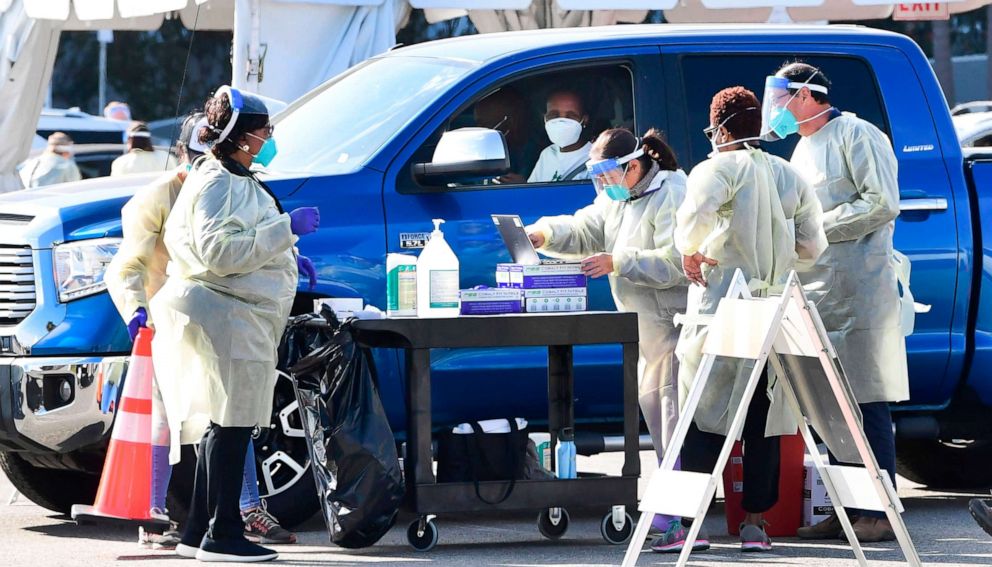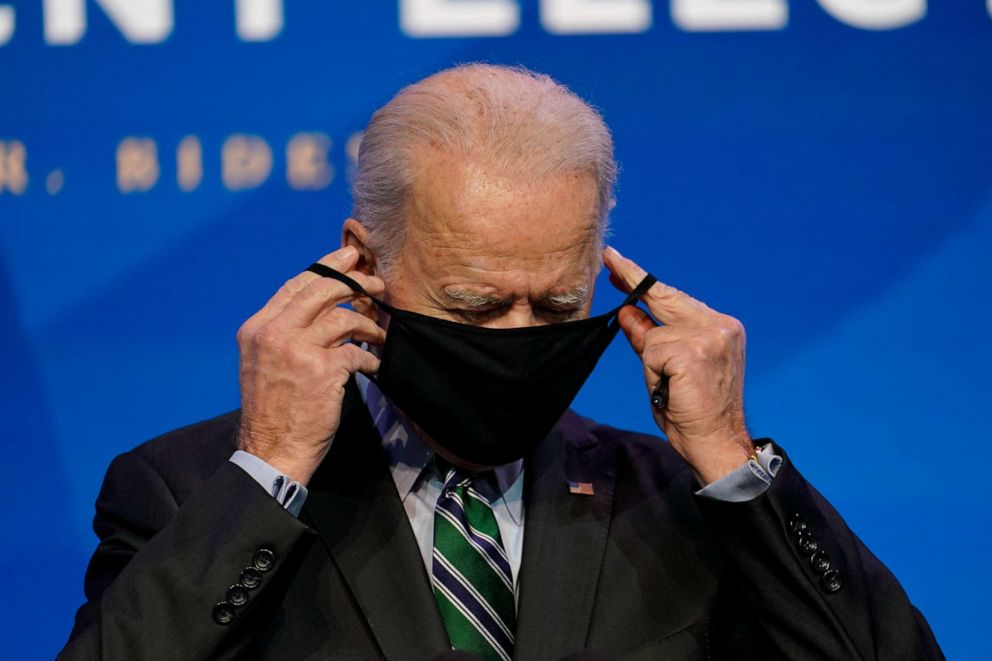US may be 'rounding a corner,' PolicyLab researchers say
The U.S. has experienced "a second week of encouraging data trends and projections" which "lends greater confidence that the country may, as a whole, be rounding a corner," according to researchers with PolicyLab at the Children's Hospital of Philadelphia.
In its weekly report based on an analysis of COVID-19 data, PolicyLab said much of the country appears "to be in a transition period during a winter surge."
Current positivity rates are down nationally and "projections from Southern California to Arizona suggest while overall case incidence may continue over the next four weeks, these areas might expect declines in overall transmission rates in many counties," the report stated.
Researchers noted caution "not to overstate ... optimism," citing evidence for possible increased transmission in winter vacation destinations such as Vail, Colorado, as well as Park City, Utah, and Sun Valley, Idaho.
Despite some positive outlook, the report said incidence in coastal areas of the Southeast may continue to worsen into February as people attempt to escape the winter weather.
Variants of the coronavirus could also be a factor in the "potential to increase case incidence again," the report stated.
ABC News' Brian Hartman contributed to this report







